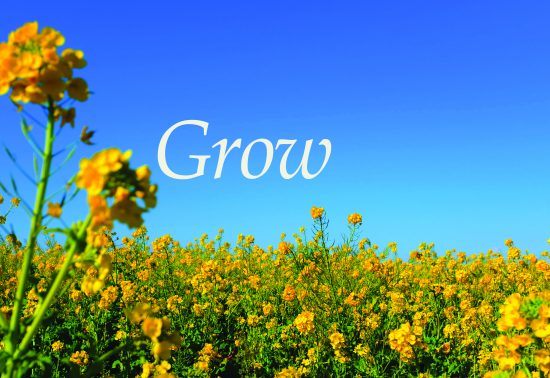Bruce Stanley, president / CEO – The Bible contains poetry, genealogy, history, prose, hymns, liturgy, fable, and science. It is, however, not a book of’ any of these categories, certainly not science.
For example, in Bible stories that talk about seeds, there are things that are simply not correct according to botanical science. In John 12 it says that a grain of wheat goes into the ground and “dies” so that it may sprout and bring forth grain. We know, of course, that the seed does not die but rather germinates and is transformed by growth.
Now look at Matthew 13. Here Jesus says that mustard is the smallest of seeds. As he continues, he talks about the mustard tree and the birds that nest in its branches. But mustard, as we know, is a ground plant. And if you research how mustard grows you learn that it spreads – so much so that it is sometimes labeled “invasive.” (In many northern climates it grows as fast as kudzu does here, spreading aggressively and taking over not just yards but entire fields.)
Regardless of whether mustard grows up or grows out, what a wonderful object lesson this is. During this Lenten season as we seek to examine ourselves deeply, it is possible for us to conclude that we don’t have much or any faith. Deep inner work can result in us concluding that we are not growing into the likeness of God and we may even feel as if we are shrinking or withering in our faith.
The good news in this teaching from Jesus is the promise that it only takes a tiny seed. God has already gifted you with enough – patience, kindness, charity, love, joy – for the good and God within you to grow. Christ’s presence in you is something God wants to magnify. He wants his love and compassion to become like mustard, wild and unchecked. He wants his love to be present in every thought and every act, every minute.
We don’t have to go “get” stronger faith. We simply need to look inward. God has already planted and begun great work within us. Let us use this season to let that small seed grow.

